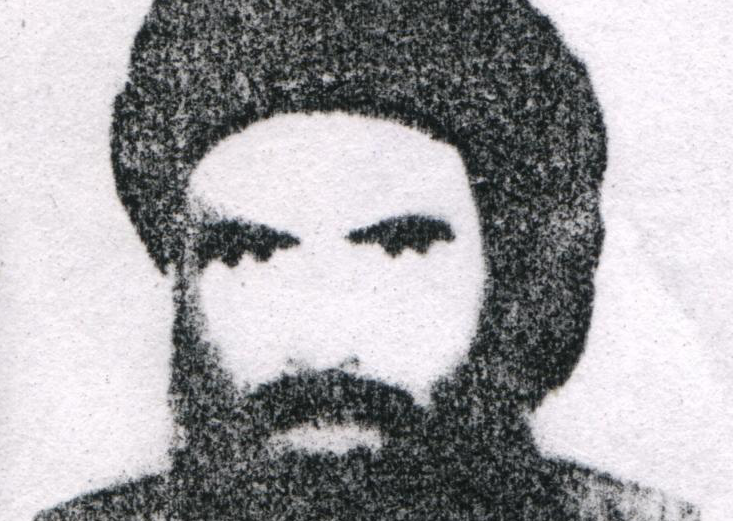Taliban Chief Mullah Omar Is Dead: Reports

Update as of 7:45 a.m. EDT: Refuting reports of Mullah Omar's death, an unnamed Taliban spokesman told Voice of America that the leader is "very much alive."
Another spokesman, identified as Qariy Yousef Ahmadi, told Sky News that Omar "is still alive and leading the movement."
Update as of 7:15 a.m. EDT: The Afghan government is "investigating" reports of Taliban leader Mullah Omar's death, Syed Zafar Hashmi, the deputy presidential spokesman, said, in a statement released Wednesday.
"We can neither confirm nor deny reports of Mullah Omar's death," Hashmi said.
Update as of 6 a.m. EDT: The Afghan government has called a press conference amid conflicting reports of Mullah Omar’s death. The Afghan president is also expected to issue a statement, which is likely to shed light over what caused Omar’s demise.
Original story:
Mullah Mohammed Omar, the one-eyed supreme commander and spiritual leader of the Taliban, is dead, the BBC reported Wednesday, citing Afghan government sources. The Taliban is yet to confirm or deny the report and details of what caused his death have not yet been revealed.
Omar, a reclusive figure who has not been seen in public for over a decade, died two years ago, the Afghan government and intelligence sources contacted by the BBC reportedly said. The news, which comes just months after the Taliban released Omar’s biography -- proclaiming that he was alive and well -- was first reported by Afghanistan’s 1TVNews earlier on Wednesday.
BREAKING: Afghan official: Taliban leader Mullah Omar has been killed.
— Fakhruddin qarizada (@qarizadahamid) July 29, 2015Omar -- who became Taliban’s “supreme leader” in 1996 -- was forced into hiding following the U.S. invasion of Afghanistan in 2001, and managed to evade capture despite one of the largest manhunts in the world and a $10 million U.S. State Department bounty on his head.
This is not the first time that reports of the Taliban leader’s death have emerged. Unconfirmed reports of his demise have repeatedly been circulated over the years, and have consistently been denied by the Taliban, which has released a number of statements attributed to him.
“In the present crucial conditions and regularly being tracked by the enemy, no major change and disruption has been observed in the routine works of Mullah Mohammad Umar ‘Mujahid’ in following and organizing the Jihadi activities as the leader of the Islamic Emirate,” the Taliban said, in the biography published in April.
Earlier this month, the militant group also released a statement attributed to the leader, in which he voiced his approval for the ongoing “legitimate” peace talks with the Afghan government.
© Copyright IBTimes 2024. All rights reserved.






















